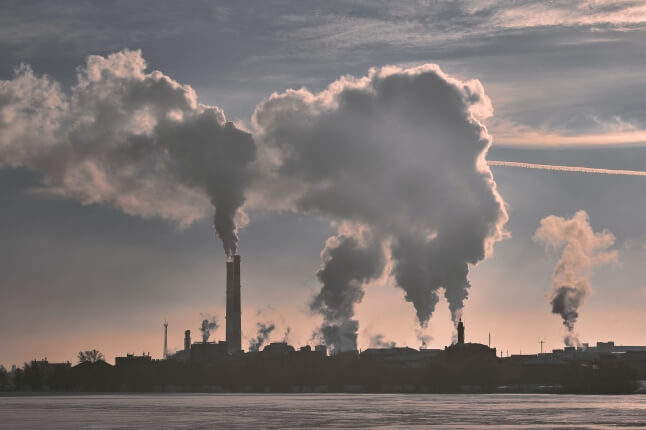News
Michael B. McElroy is the Gilbert Butler Professor of Environmental Studies at Harvard SEAS. (File photo by Kris Snibbe/Harvard Staff Photographer.)
In an opinion piece published in the November/December issue of Harvard Magazine, Michael B. McElroy delves into the arguments for and against the proposed Keystone XL pipeline, which would transport oil from Alberta and North Dakota to Nebraska. McElroy is the Gilbert Butler Professor of Environmental Studies at the Harvard School of Engineering and Applied Sciences and an expert in energy technologies, sustainability, and public policy. An excerpt from his op-ed follows here.
Few domestic policy issues have prompted more controversy recently than whether to build the Keystone XL pipeline. Proponents contend that it would enhance access to Canadian oil, significantly increasing U.S. and North American energy security. Opponents counter that the pipeline, by opening a long-term channel to market for abundant, carbon-rich, Canadian tar-sands oil, would sharply accelerate emissions of carbon dioxide (CO2), with global climate consequences that would be simply unacceptable. As climate scientist James Hansen said of the company proposing to build the pipeline, “Once the spigot is open, Trans Canada will have every incentive to milk the massive tar-sands basin for all that it is worth.”
Because the pipeline will transit the Canada-U.S. border, construction requires an affirmative decision by the U.S. State Department—and ultimately by the president. In his June 25 speech on climate policy, President Barack Obama defined the ground rules he proposes to follow in reaching a decision: “allowing the Keystone pipeline to be built requires a finding that doing so would be in the nation’s interest. And our national interest will be served only if the project does not significantly exacerbate the problem of carbon pollution.”
How seriously should we take the goal of North American energy independence—and can exploitation of the Canadian resource contribute consequentially? Would the pipeline necessarily trigger the disaster projected by at least some of the opponents? Given that the demand for oil will likely persist until we find an alternative, carbon-free means to drive our cars, trucks, ships, planes, and trains, are the problems associated with exploiting the tar sands so serious that the resource should be left in the ground? If approval for the pipeline is denied, would the operators not simply find a different path to market—perhaps by train and truck—or even a different market in Asia or Europe? (In terms of the climate impact, it makes little difference where the oil is consumed.) How should the president decide? Is there a middle ground?
Read the entire article in Harvard Magazine
Topics: Environment
Cutting-edge science delivered direct to your inbox.
Join the Harvard SEAS mailing list.
Scientist Profiles
Michael B. McElroy
Gilbert Butler Professor of Environmental Studies



